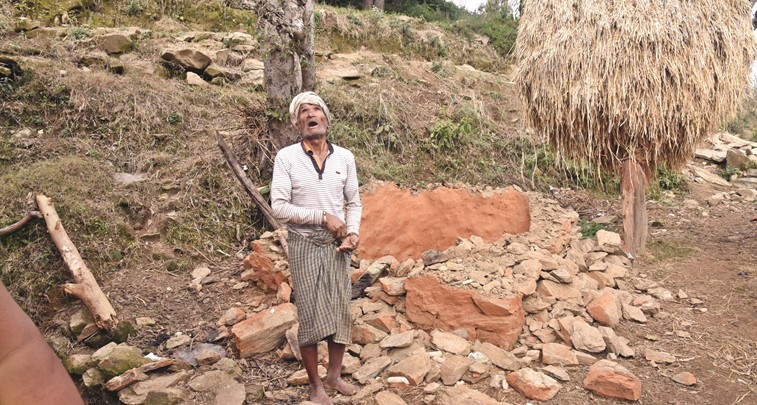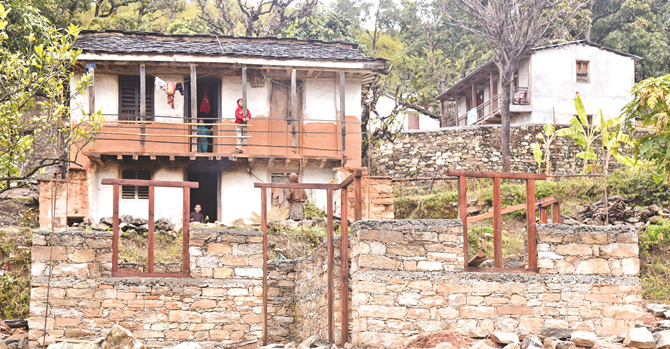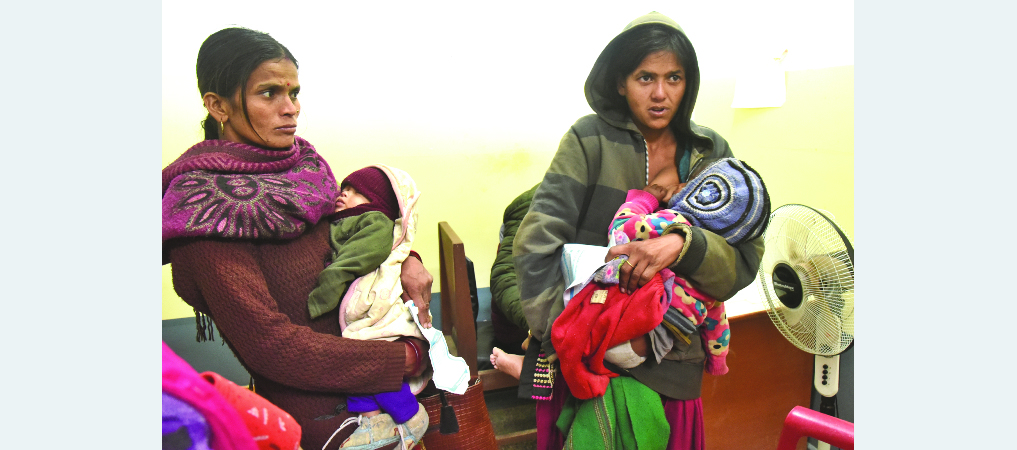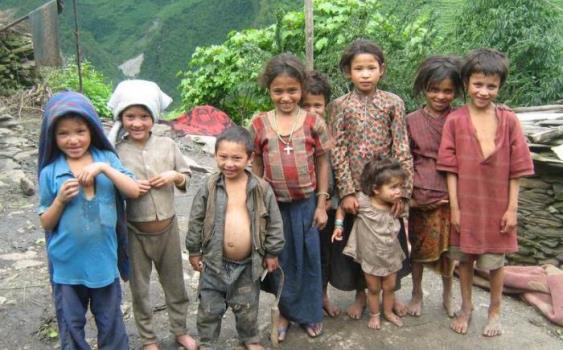Hand-washing keeps COVID-19, other infectious diseases at bay
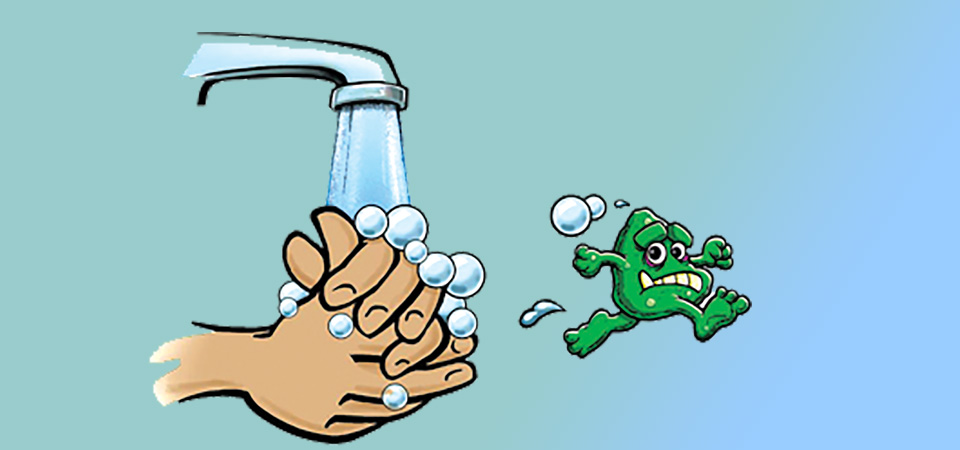
By Ajita Rijal
Kathmandu, Mar. 28: Last year, when the world focused on hand washing in an effort to prevent coronavirus transmission, it was found that many other infectious diseases didn’t wreak much havoc.
However, as the pandemic loosened its grip, people increasingly returned to their old habit of not caring to wash their hands. The result? Health experts have warned of a rise in the cases of such diseases this year.
“In the wake of stay-at-home order which came into force on March 24 last year, people diligently followed handwashing routine, remained inside their houses and minimized mobility as part of the new normal, which in turn helped contain the spread of infectious diseases, like dengue, typhoid, malaria, diarrhoea, even seasonal flu as well,” said Dr. Basudev Pandey, former director of the Epidemiology and Disease Control Division. The division, responsible in coordinating the public health response to the pandemic, also dealt with other infectious diseases.
Besides, constant vigilance, screening for malaria, dengue and scrub typhus among India returnees were conducted at various quarantine zones. That effort also played a role in containing the diseases.In 2019, a dengue epidemic that started in Dharan spread to more than 65 districts, killing six and infecting more than 16,000 people.
With the onset of summer season, numerous diarrhoea patients are admitted to the Sukraraj Tropical and Infectious Disease Hospital (STIDH), Teku, every year. As the hospital is busy treating COVID-19 patients, it may see an influx of patients suffering from infectious diseases, said Dr. Sagar Kumar Rajbhadari, STIDH director.
“We have operated OPD department for other patients while treating COVID-19 inpatients,” said Dr. Rajbhadari, adding, “The cases of snakebite, kalazar, tetanus, rabies, measles, dengue fever were referred to Bir Hospital and TU Teaching Hospital Maharajgunj. However, all those services have now resumed at STIDH hospital.”
During the summer and monsoon seasons, it is imperative for the government to take extra caution as the vulnerability of the country to infectious diseases increases significantly during those seasons, say health experts.
“The cases of seasonal influenza, viral fever, diarrheal disease, dengue and malaria may increase this year,” said Dr. Anup Bastola, spokesperson for STIDH.
Water-borne diseases like diarrhoea have the highest morbidity and mortality rates among the communicable diseases in Nepal. According to the Nepal Burden of Disease-2017, diarrheal diseases are responsible for 5.6 per cent of total deaths in Nepal. “We need to take extra precautionary measures to prevent such epidemics,” said Dr. Bastola and added that it was the responsibility of the general public to maintain proper hygiene and be aware of risks.
Hand-washing key to contain infectious diseases
Not only is hand-washing the first line of protection in controlling the spread of most infectious diseases, it is also the most cost-effective public health interventions. It is a scientifically proven preventive strategy that reduces the likelihood of transmitting both virus and bacteria, reducing the probability of catching both the respiratory and diarrheal diseases.
According to the US Centres for Disease Control and Prevention (CDC), hand-washing reduces the likelihood of diarrhea by 23-40 per cent. What’s more, it reduces diarrheal illnesses in people with compromised immune systems by 58 per cent, reduces respiratory illnesses like colds among the general population by 16-21 per cent, along with reducing absenteeism due to gastrointestinal illness in schoolchildren by 29-57 per cent.
Recent News

Do not make expressions casting dout on election: EC
14 Apr, 2022
CM Bhatta says may New Year 2079 BS inspire positive thinking
14 Apr, 2022
Three new cases, 44 recoveries in 24 hours
14 Apr, 2022
689 climbers of 84 teams so far acquire permits for climbing various peaks this spring season
14 Apr, 2022
How the rising cost of living crisis is impacting Nepal
14 Apr, 2022
US military confirms an interstellar meteor collided with Earth
14 Apr, 2022
Valneva Covid vaccine approved for use in UK
14 Apr, 2022
Chair Prachanda highlights need of unity among Maoist, Communist forces
14 Apr, 2022
Ranbir Kapoor and Alia Bhatt: Bollywood toasts star couple on wedding
14 Apr, 2022
President Bhandari confers decorations (Photo Feature)
14 Apr, 2022



